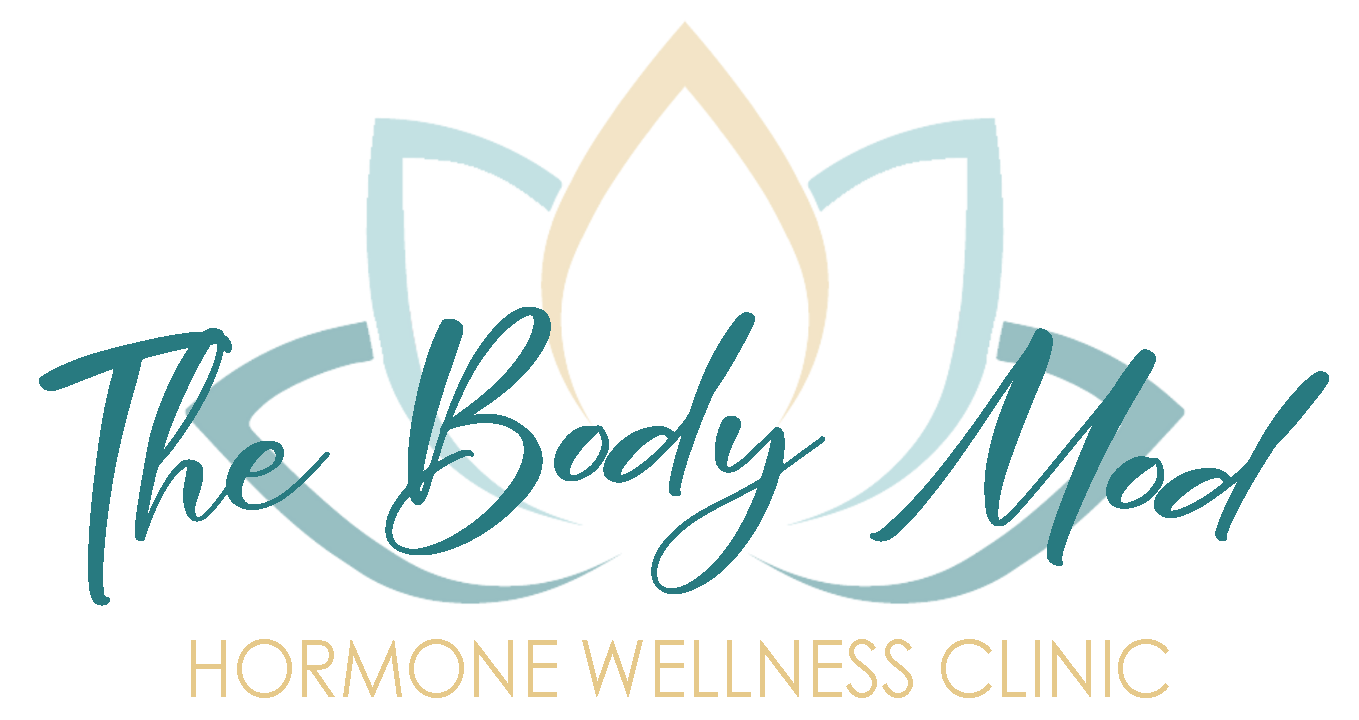Recent Comments
No comments to show.

ADDRESS
2783 Orchard Run Rd, Suite A
Dayton, OH 45449
PHONE & FAX
P: (937) 530-0070
F: (937) 202-4473
HOURS
S: Closed
M: Closed
T: Telehealth Only
W: 1pm - 6pm
T: 10am - 6pm
F: 10am - 4pm
S: Closed
We provide in-office and telehealth services for all of Ohio and offer telehealth in Florida and Wyoming.
